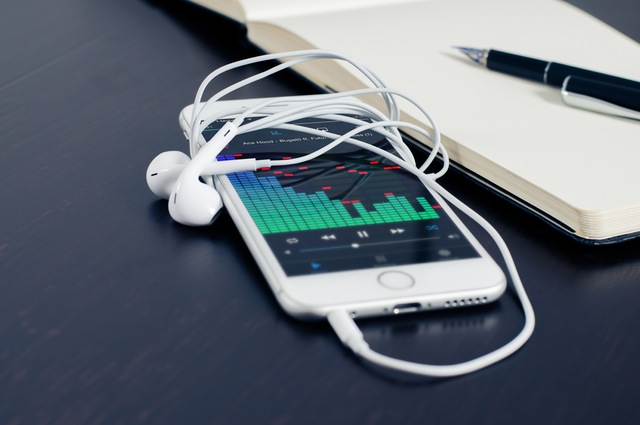As we all found out during our first year sharing a dorm, everyone has different specifications for their optimal working environment. Some people are big believers in silent, empty spaces, while others get more done in a crowded café with coffee orders being blared over the hisss of steaming milk.
So is it all personal preference, or is there a trick to boosting productivity and even creativity when you need to get it done?
There have been quite a few studies into a. whether music is a good thing at work and b. what kind of music is likely to produce the best results. And some of the evidence is conflicting, but here’s what we’ve gathered:
- Music Trumps Machines for Productivity
This study, conducted by the Department of Engineering Production at the University of Birmingham, provides strong evidence that for repetitive work that doesn’t require a bunch of ingenuity (like sending emails, inputting data, or even assembly line work), a playlist can drastically increase productivity. Time flies when you’ve got your headphones on (if creativity or intense concentration isn’t required).
- “Natural Sounds” Seem to Improve Productivity
In this study, conducted by the Acoustical Society of America, researchers found that listening to music with a ‘natural’ element improved mood, concentration, and re-focused workers who were often distracted by office chatter. Overall worker satisfaction while grinding through the day with ‘natural’ sounds improved greatly when compared to traditional ‘white noise.’
- Apparently Anything is Better Than Chatter
This study concluded that 48% of workers reported speech as the number one disturbing source of noise in the office. An average of 21.5 minutes each day are wasted, not on engaging in conversation, but on tuning into other conversations without actively participating. Listening to music in order to mask speech is a surefire way to improve focus at work.
- Slower Music Reduces Stress
It sounds intuitive, but researchers from BMS College of Engineering in Bangalore, Malaysia discovered that the tempo of music we listen to at work matters. Music described as “larghetto” seemed to calm participants in moments of heightened stress, allowing them to re-focus and work at a stable pace.
There is still conflicting evidence regarding what kind of music is likely to produce the best effects at work. However, most research states that listening to music, even to drown out general white noise, can provide a huge boost to focus, efficiency, and even mood. We click on to words which can be as distracting as not listening to music at all. Apparently, the less invested you are in lyrics, the better! Of course, your playlist depends on the type of work you’re getting done. Are you completing the same task over and over again or are you often required to think outside of the box?
Do you use a playlist at work? If so, what are your go-to tunes? Let us know below!


![5 Reasons You Should Travel Alone Airplane [image source: chau nguyen/ http://thedevilhatessweatpants.blogspot.com.au ], crowd ink, crowdink, crowdink.com, crowdink.com.au](https://crowdink.com/wp-content/uploads/2016/08/Chau-airplane-218x150.jpg)





























